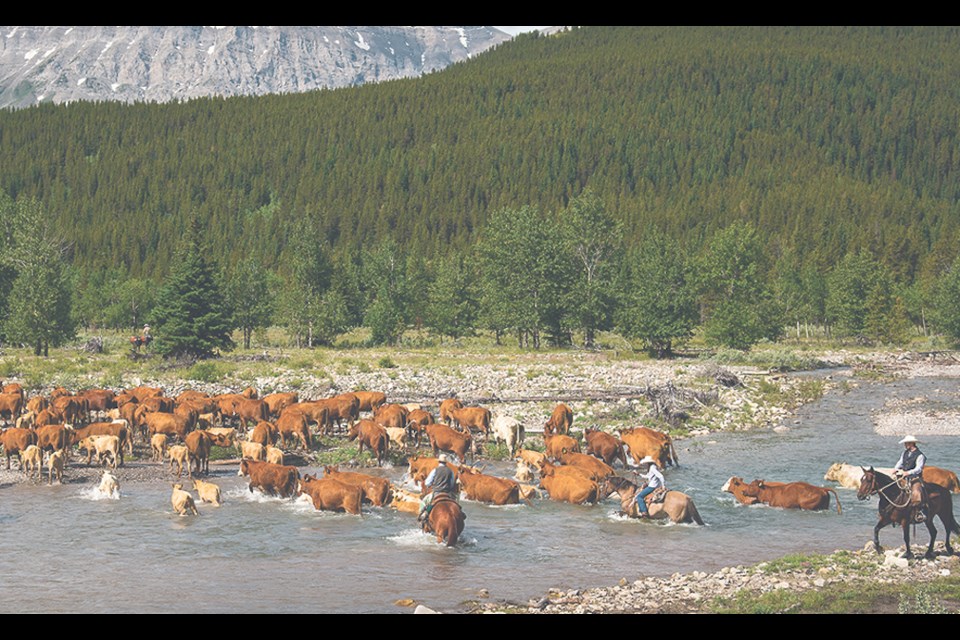Owning land is better than renting when it comes to cattle ranching, even though it’s not always possible.
That was the general consensus among three cattle ranchers who offered their views during an online panel discussion as part of the recent Canadian Beef Industry Conference.
“I’m a farmer at heart and we all want to own our land. Period,” said Andrew Johnson of Johnson Livestock near Peebles, Sask. The family runs purebred Black Angus as well as commercial cattle but has found it isn’t economical to graze their own land. A relationship with the nearby First Nations allows the operation to rent grazing land that pencils out better.
“On my own land, if I consider what asset is there, the return on investment for my cows on my own property, I need about $4 a day to make that work. So, I can rent land off First Nations or off my organic neighbour per pair … for between 20 cents to $1.20 a cow. So, here’s the thing. Yes, I have a lot of land and I intend to buy more land, but it doesn’t pay for me anymore to graze my own land.”
For Ben Campbell of Grazed Right Ranch near Black Diamond, Alta., good grazing land is cheaper to buy than the hilltops and mountain views that attract wealthy doctors and lawyers to buy acreages in his region close to Calgary.
Campbell said land in his area typically sells for about $1 million per quarter, making it nearly impossible to buy for grazing purposes.
“Fortunately, the good land is the cheap land and the low-quality land is the expensive land,” he said.
He paid $1 million for his quarter and is able to make loan payments by boarding horses and renting a shop, storage space and an apartment on the property in addition to his grazing operations.
Dean Sentes of Millington Ranch near Duval, Sask., about 100 kilometres north of Regina, said he’d like to own all the land required for his purebred Simmental operation, but there are few opportunities to buy. Although property in his area is likely cheaper than it is near Peebles or Black Diamond, Sentes said few people are selling, and financing for a big parcel can be problematic.
Johnson said changes have to be made to allow payments on land that is now worth 10 times the value it had 10 years ago. Investment is needed in order to expand, which he expects to do so that another generation can eventually take over the operation.



